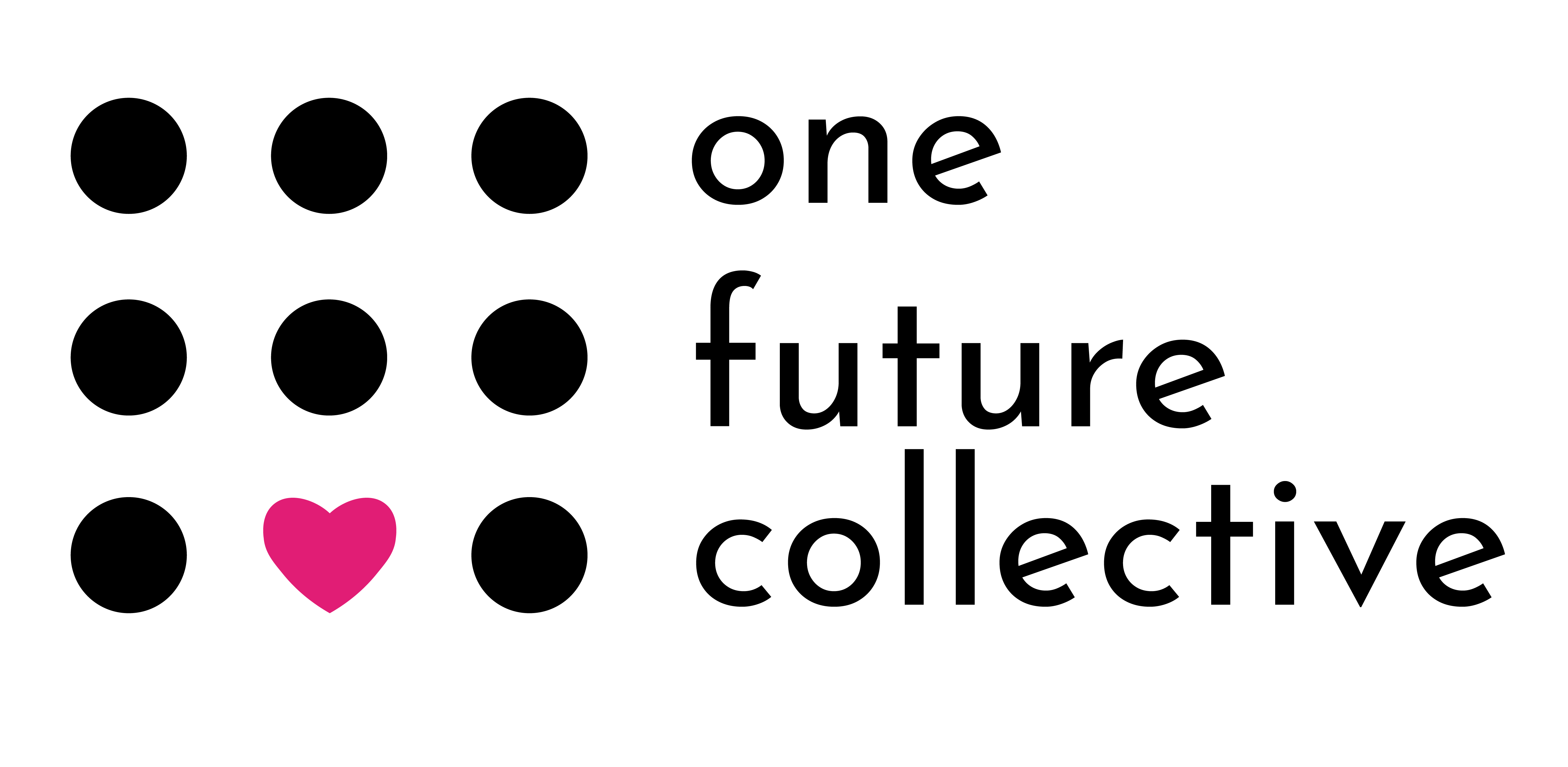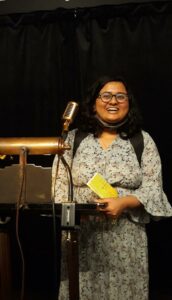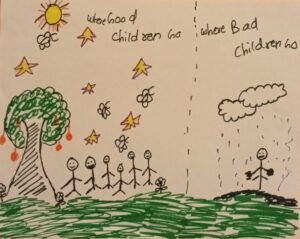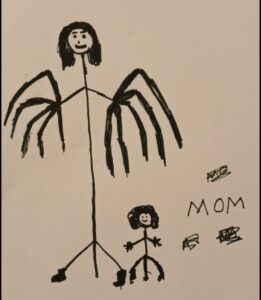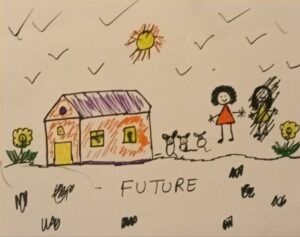Resting in the Resistance of Poetry
Curator’s note
In this poetry series, I have attempted to explore the relationship I share with poetry. I find poetry to be a catalyst for making one feel wholly, for evoking powerful emotions, which can incite wonder, understanding, rage and empathy – all alike. While poetry has allowed me the space to often sit with my anger and my helplessness, it has also, almost always, provided me comfort when I feel powerless in the light of the workings of the world, it has nudged me towards cathartic revelations and sensory healing.
In experimenting with reading and writing varied forms of poetry, one could find themselves equipped with a meaning making wordsome toolkit. I engage with my poetic craft as a thought vehicle – to aid me navigate the world around me, poetic traditions, and originality. A fair deal of mind wandering and acute observation too, could come together to expand experiences from emotion to poetry. In the craft of poetry, we could perhaps find for ourselves the strength to participate in a world that otherwise gets dreary and posits itself as a hopeless, apathetic place as now. In this regard, writing poetry also becomes a potent means of resistance.
“A poem is not just words placed on a line. It’s a cloth. Mahmoud Darwish wanted to build his home, his exile, from all the words in the world. I weave my poems with my veins. I want to build a poem like a solid home, but hopefully not with my bones.”
Mosab Abu Toha, from Things You May Find Hidden in My Ear: Poems from Gaza; Palestine A-Z (via)
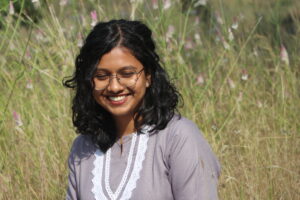
Poems
I.
I try to care softly and
chew this everyday gloom
to churn poetry
This poetry that seeks
to sound up living into
a dreary night
A glumpy brainscape
finds its meandering way to
a lavender siesta
Only rummaging through
words to sense-make
solicits my many ways of being
Of a mellow usher
into a gentle undercover
which boils acceptance
In a valiant stride
that belongs to the unsteady
and sought even times
What I lost to apathy
I shame through in mirroring
a poetry of lost chance
II.
She wants to tint the hurt of this world
and oust it into deep living, to celebrate its art –
its tender multiplicity,
but she disobeys the language of colours
and dabbles in amber hues, shearing sun-
wreaths on a spherical melancholy.
Breaching greys shed okayish warmth
through yonder horizons of hopeful
spells. Generous tippings of gold fire
that is poured over the world by
thrones jesting with power.
Casually caring in dormant ink
links you to your kindren
bellowing in lack and less.
How do you breathe with stolen joy?
A sun-plant field arises to follow
the ache in the sky, rife in its juvenile memory
only to shower the world with kaleidoscopic sundalas –
I am a poet and I read the world in metaphor.
III.
As the day closes, I melt into a touch-me-not
Stretched out raw on a page netted cot.
Thinking of a closeted hierarchy of words
In a poetic arc of realisation
I sing them in a word spread
Many times in lone attempt,
muting my screams amid
resounding warplanes
folding away my people
Gently caressing the worth of my stride,
Poetry seeks my communion and doodles itself
Inward erasure
Onto a heaving journal entry.
IV.
Oh Poetry! To you I bring in the low lying
Anger that pinches into the dread of the day.
In joining the world around as
A communion of beings, not a collection of objects.
I move through the world in fragments
Tripping over parts of myself along the way
Survive a luxury and humankind,
A kind beauty that is wrong in its yearning
While privileged to art an active meditation –
Syncing in the crime that puts these crying stories to sleep.
At last, when the air is easy and the light is cool
This tribute we raise to your compassion,
Your reigning solitude.
V.
In stretching a strained memory
inside out, and lying it to dry awake,
I am threatened to see
a waterfall lurking
in between these lines that smell of rest.
They disappear clean as I read
in a uniform motion that surrenders
the terror in my heart, a solid.
Where does peace dwell?
As the mist rises and the aquatic
sensation thrives, I am pumped by the green
inside me, shaping forms that read like
warm letters on the stream bed.
What would a world without oppression make you?
Whole.
Mapping and negotiating power
Uncuff India Episode 10: Dimensions of conflict and peace: visioning a utopian world
Uncuff India Episode 9: Civic space and dissent: A pathway to social justice
